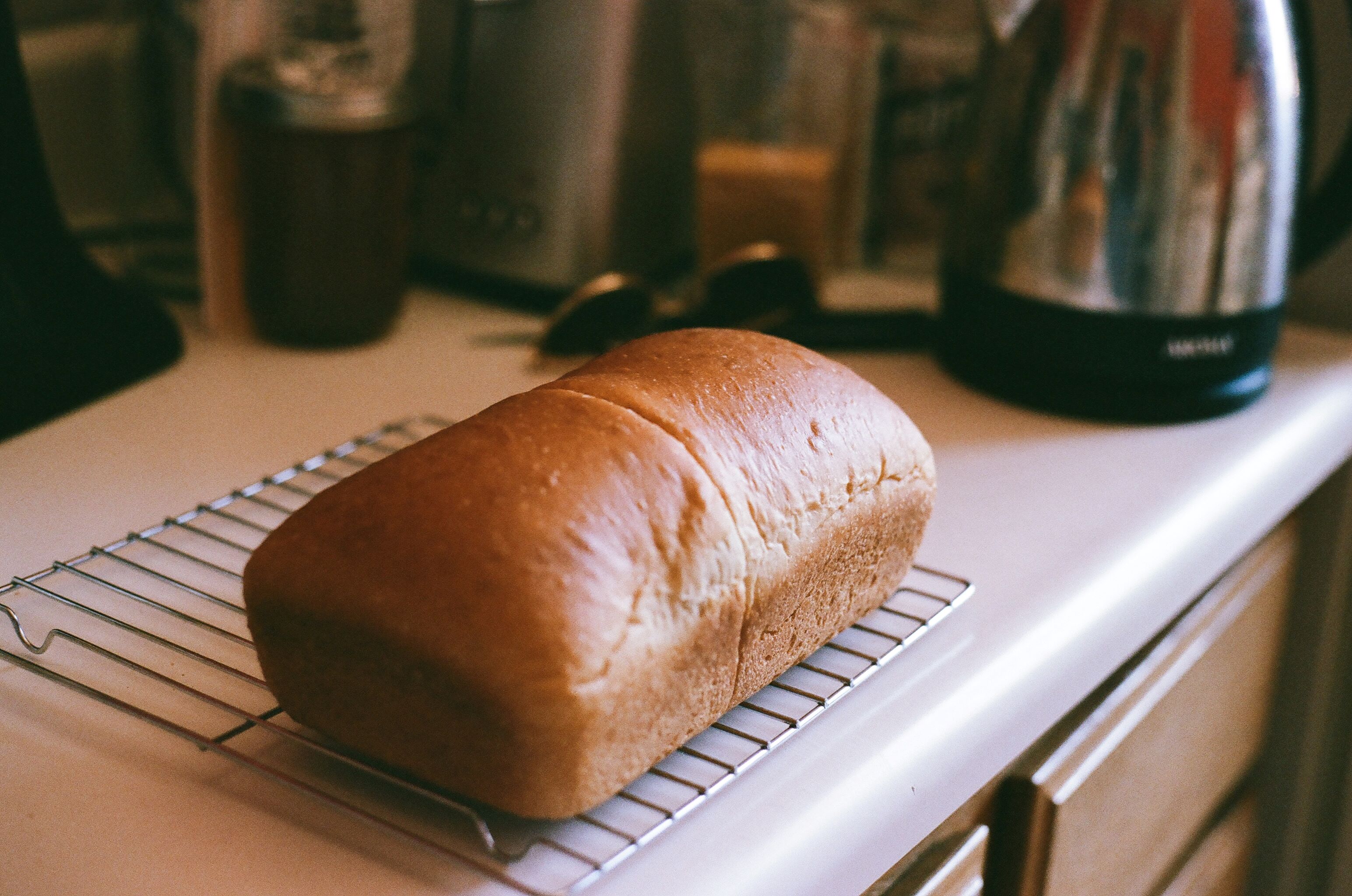Why Do I Need to Eat Carbs?
Discover why carbs are crucial for fueling your body and how to choose the right ones for optimal health.

As someone who has struggled to maintain a consistent weight I have seen every diet that has come out and I've dabbled in quite a few of them. Keto, OMAD, Atkins, South Beach, you name it, I've probably tried it. And a lot of the diets I tried had a focus on limiting carbohydrates in some form or another. And while often times that left me with some exciting-in-theory food choices (looking at you, steak for every meal), I still never felt quite right cutting out carbs entirely. And as I am learning more about nutrition and my body's response to all of it, there are pretty clear reasons why.
Why Carbohydrates Matter
Carbohydrates are the body's preferred energy source because they break down into glucose, which is used by your cells for fuel. When you consume carbohydrates, your body converts them into glucose and either uses it immediately for energy or stores it in your muscles and liver for later use. This makes carbs especially important for maintaining energy levels throughout the day, supporting brain function, and powering physical activities.
There are three main types of carbohydrates:
- Simple Carbohydrates: These are quickly absorbed by the body and can provide a rapid energy boost. Found in foods like fruits, honey, and milk, simple carbs are beneficial when you need quick energy, such as during exercise.
- Complex Carbohydrates: These are digested more slowly, providing a steady release of energy. Complex carbs are found in whole grains, vegetables, and legumes. They are ideal for sustaining energy levels throughout the day.
- Fiber: Although not a direct source of energy, fiber is a type of carbohydrate that aids digestion and helps regulate blood sugar levels. Foods rich in fiber include fruits, vegetables, and whole grains.
Choosing the Right Carbs
Not all carbs are created equal. To maximize the benefits of carbohydrates, focus on whole, unprocessed foods that provide not only energy but also vital nutrients. Here are some tips:
- Opt for whole grains like brown rice, oats, and quinoa.
- Include a variety of fruits and vegetables in your diet.
- Limit refined sugars and processed foods that offer little nutritional value.
Carbohydrates and Your Fitness Goals
Whether you're an athlete or someone looking to maintain a healthy lifestyle, carbs are essential. They help you perform at your best by providing the energy needed for exercise and aiding in recovery. Balancing your carbohydrate intake with your activity level is key to achieving your fitness goals.
My Approach
I am focusing my approach now not on cutting out carbs, but really looking at what carbs I put in my body. Along with tracking my eating and learning more about what a serving size looks like, I can discover how my body reacts to each food I'm eating and find ways to incorporate better eating habits into my holistic approach to food.
